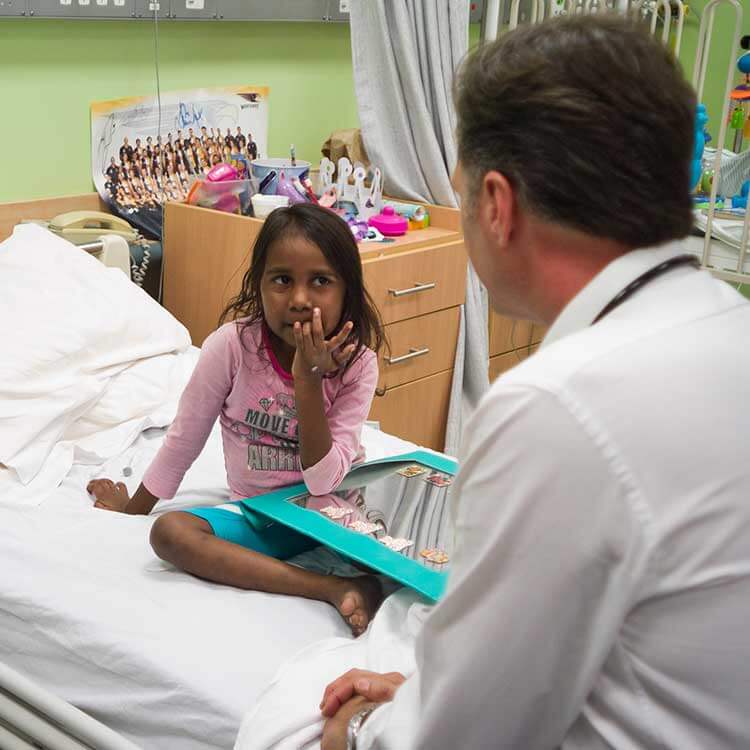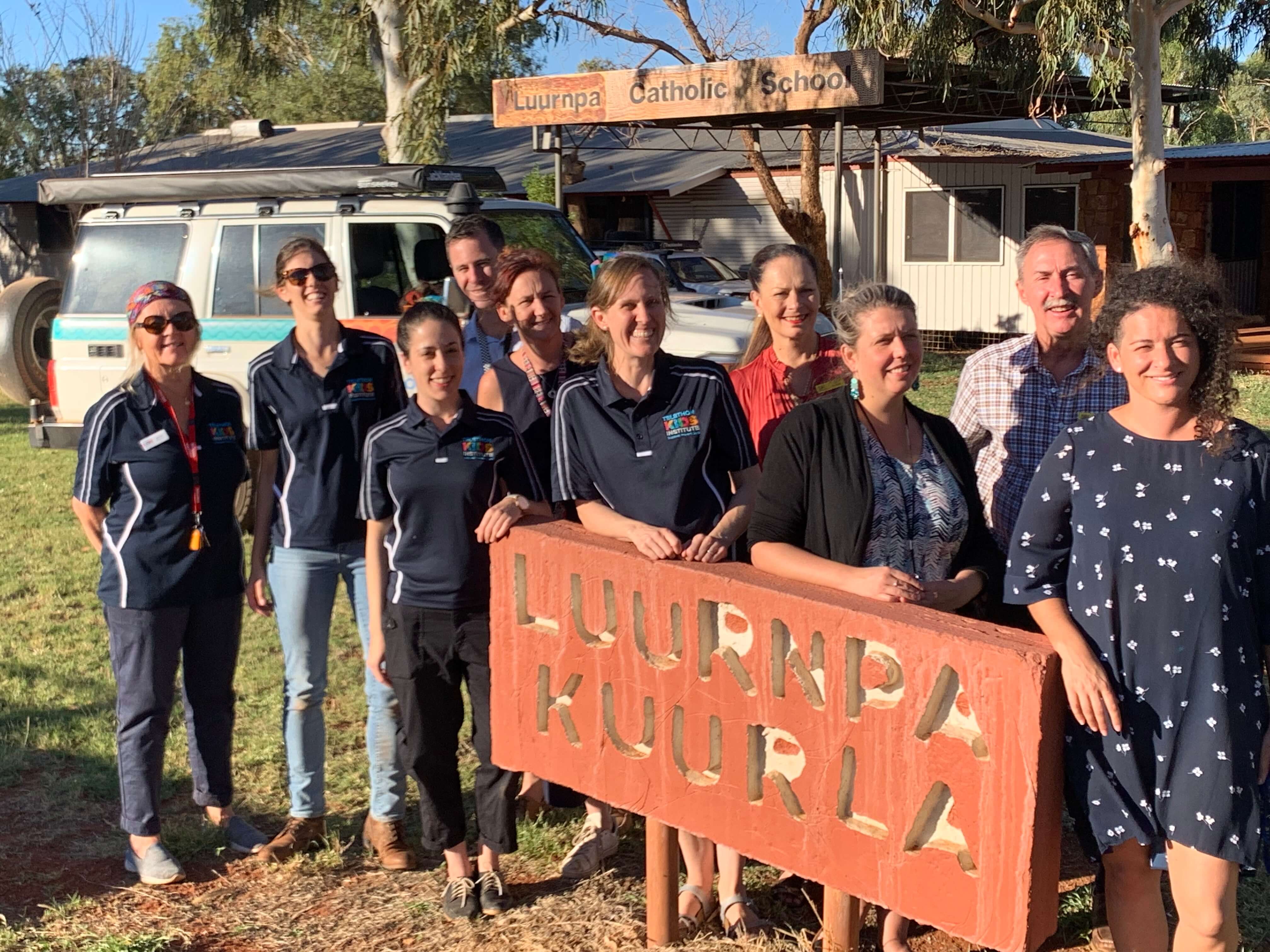Search
Research
Transcriptomic analysis of primary nasal epithelial cells reveals altered interferon signalling in preterm birth survivors at one year of ageMany survivors of preterm birth (<37 weeks gestation) have lifelong respiratory deficits, the drivers of which remain unknown. Influencers of pathophysiological outcomes are often detectable at the gene level and pinpointing these differences can help guide targeted research and interventions. This study provides the first transcriptomic analysis of primary nasal airway epithelial cells in survivors of preterm birth at approximately 1 year of age.
Research
Treatment with inhaled aerosolised ethanol reduces viral load and potentiates macrophage responses in an established influenza mouse modelTreatment options for viral lung infections are currently limited. We aimed to explore the safety and efficacy of inhaled ethanol in an influenza-infection mouse model.

News & Events
Bold bid to end rheumatic heart diseaseSome of the nation’s leading medical researchers will converge on Darwin this week to step out a plan to wipe out rheumatic heart disease.
Research
Regional Differences in Susceptibiity of Bronchial Epithelium to Mesenchymal Transition and Inhibition by the Macrolide Antibiotic AzithromycinDysregulated repair following epithelial injury is a key forerunner of disease in many organs, and the acquisition of a mesenchymal phenotype by the injured...
Research
DNA Methylation Profiles of Airway Epithelial Cells and PBMCs from Healthy, Atopic and Asthmatic ChildrenAllergic inflammation is commonly observed in a number of conditions that are associated with atopy including asthma, eczema and rhinitis.
Research
Characterization of maximal respiratory pressures in healthy childrenMeasurements of maximal voluntary inspiratory (Pi max) and expiratory (Pe max) pressures are used in the management of respiratory muscle disease...
Research
Clinical investigation of respiratory system admittance in preschool childrenWe compared the ability of Ars, to standard oscillatory outcomes, to determine respiratory disease and differentiate responses to inhaled bronchial challenges.

News & Events
Partnering with communities to reduce rheumatic heart disease in the KimberleyThe Kimberley has the highest rates of rheumatic heart disease (RHD) in Western Australia – but through the establishment of a new community-led, research-backed project known as END RHD Communities, there’s hope this will change.
Research
Air Trapping on Chest CT Is Associated with Worse Ventilation Distribution in Infants with Cystic FibrosisIn school-aged children with cystic fibrosis (CF) structural lung damage assessed using chest CT is associated with abnormal ventilation distribution.

Research
Infection, inflammation,and lung function decline in infants with cystic fibrosisBetter understanding of evolution of lung function in infants with cystic fibrosis...

Research
Defective function at the epithelial junction: A novel therapeutic frontier in asthma?The airway epithelium forms a highly regulated physical barrier that normally prevents invasion of inhaled pathogens and allergens from the airway lumen.
Research
Exciting new clinical trials in cystic fibrosis: Infants need not applyThe recent announcement of the negative results of the TIGER- 2 phase 3 study of denufosol tetrasodium

News & Events
First week of school visits mark official launch of the SToP TrialThe The Kids Skin Health team has a busy six weeks ahead - visiting nine communities throughout the Kimberley region of WA as part of the first school surveillance activities for the SToP Trial.
